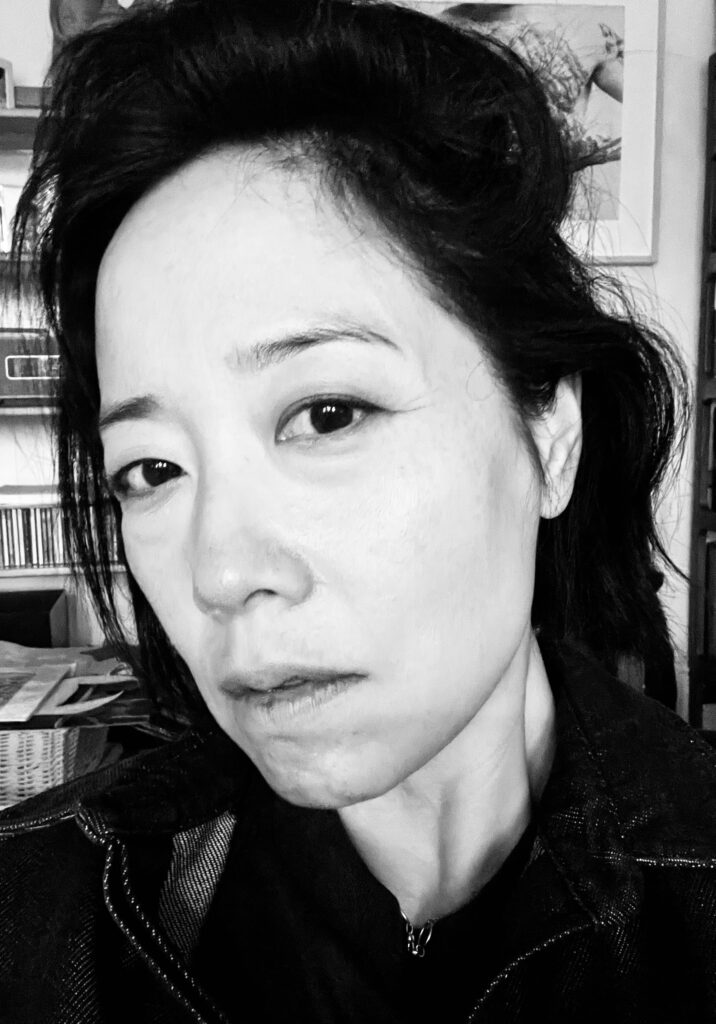
Hyo Yoon Kang (University of Warwick)
After Patent Republic
What comes after ‘Patent Republic’? In his 2006 article, Mario Biagioli showed how the modern U.S. patent law system, with its development of examination, filing, and institutional bureaucracy, was closely attached to the understanding of American polity as a republic. The figures of inventor and patent holder were predicated on a notion of democratic citizenship that imbued rights on individuals, such as the right to private property. This distinguished the modern U.S. patent law system from letters patent under monarchy.
In this talk, I take Biagioli’s analytical alignment between polity and patent law as a starting point to think about the potential effects of the current political-economic shifts from a neoliberal US-dominant WTO era, to a more transparent imperialistic practice of state capitalism and multipolar neo-mercantilism. I offer an initial exploration into the resurgence of authoritarian state capitalism, nationalism and imperialism conducted by divide-and-conquer-type deals and extortions. I delineate how these affect and reveal patent law’s liberal ideological underpinnings.
Arguably patent law jurisdictions had never been conditional upon or had discriminated between states’ political organisations, be they democracies, or fascist, communist, or authoritarian states. Yet patent law justifications are closely embedded in a particular model of government and rhetorically project its values. The question I consider is this: if a republican or democratic polity on which modern patent law’s central concepts have rested is impaired, as it is currently in the U.S. or does not exist as in the case of China, what kind of polity does and will patent law reflect, justify, and promote?
Hyo Yoon Kang is Reader/Associate Professor in Law at Warwick Law School where she researches and teaches intellectual property. She studies legal forms and techniques in their political, cultural and social contexts by drawing on scholarship in social and literary theories, historical epistemology, political economy, and science and technology studies. See hyoyoonkang.com for more information.
